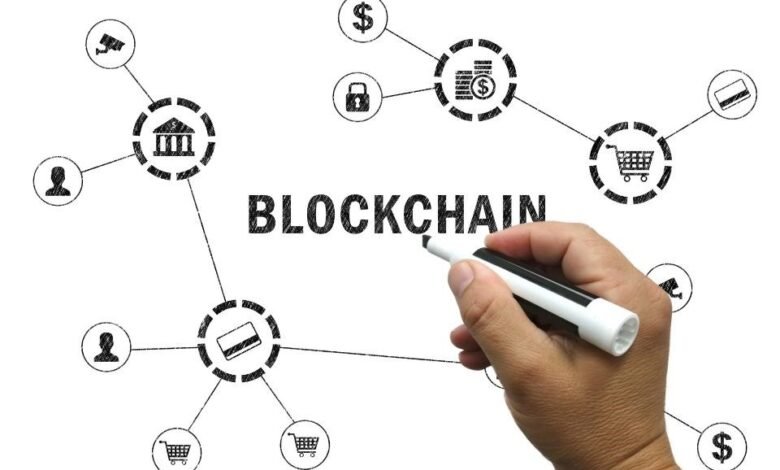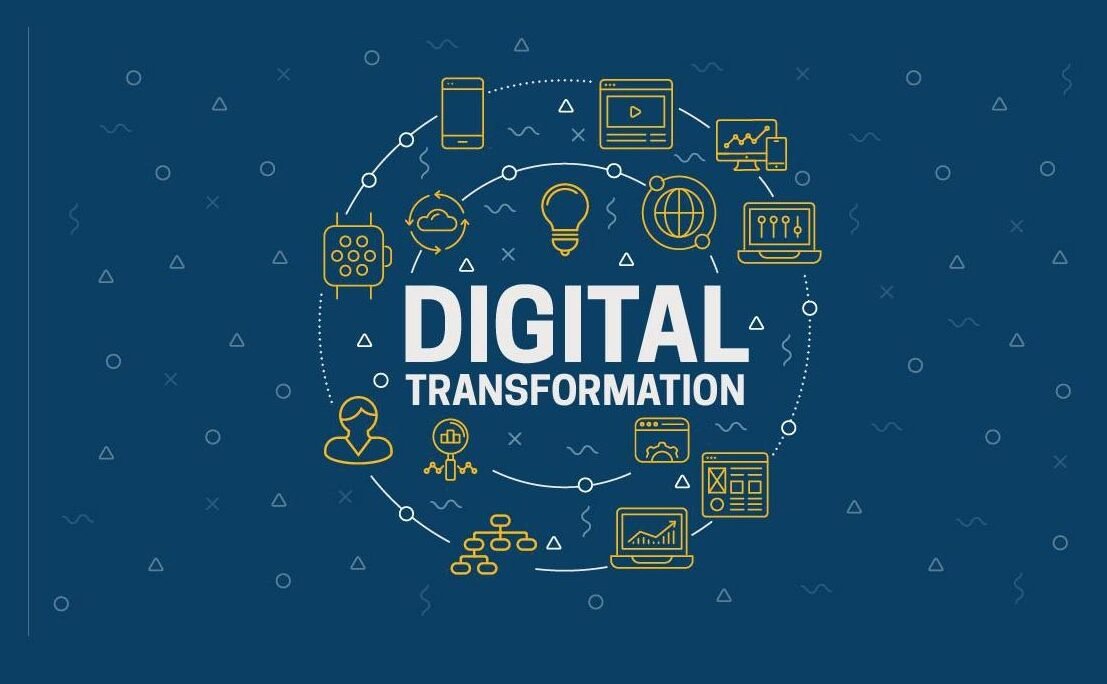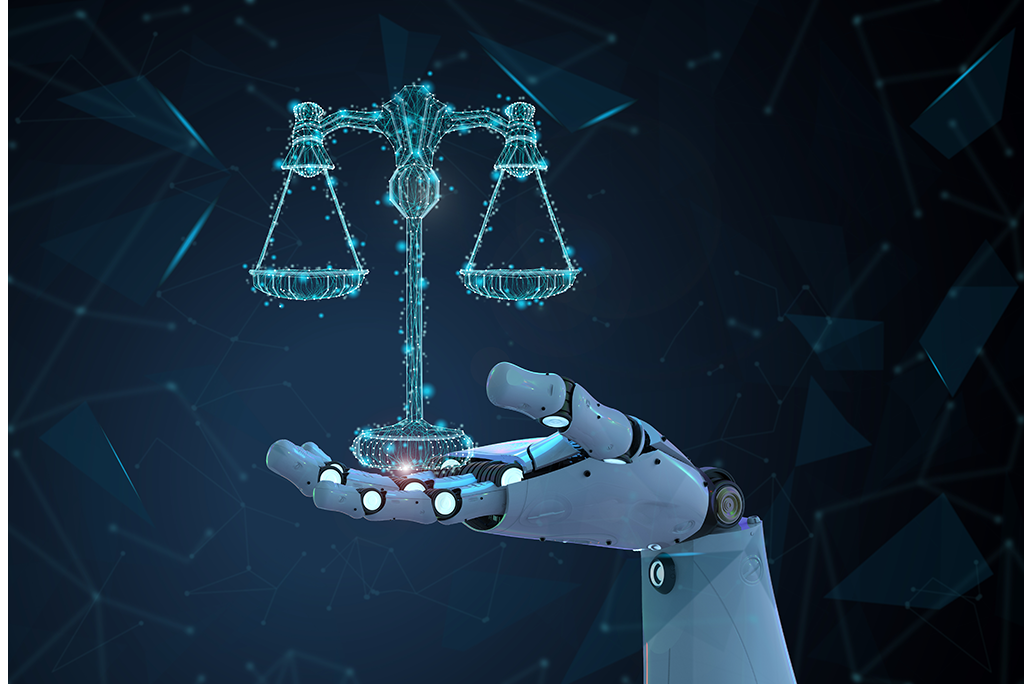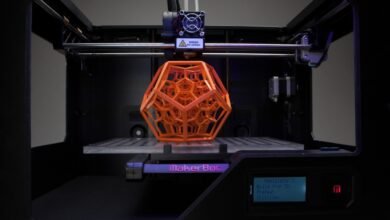The Rise of Blockchain: Revolutionizing Digital Transactions

In a world where digital interactions have become the norm, the rise of block-chain technology has been nothing short of transformative. The decentralized nature of blockchain has captured the attention of industries ranging from finance to healthcare, promising to redefine how we transact, share information, and establish trust.
Understanding Blockchain Technology
At its core, blockchain is a distributed and tamper-proof digital ledger that records transactions across multiple computers. Each transaction, or “block,” is linked in chronological order to form a “chain,” hence the term “block-chain.” This structure ensures transparency and security by making alterations extremely difficult without consensus from the network participants.
Decentralization: Redefining Trust
Traditional transactions often require intermediaries such as banks or payment processors to validate and facilitate exchanges. Blockchain eliminates the need for intermediaries, allowing parties to directly engage in transactions, reducing costs and the time required to complete transactions. This decentralization also enhances security and reduces the risk of fraud.
Transparency and Security: The Pillars of Blockchain
Blockchain’s transparency stems from its public and immutable nature. Once a transaction is recorded, it cannot be altered or deleted, ensuring an accurate and transparent record of all activities. This transparency, combined with cryptographic encryption, makes block-chain highly secure and resistant to hacking.

Applications Across Industries
Blockchain’s versatility has led to its adoption across diverse industries. In finance, it has given birth to cryptocurrencies like Bitcoin, enabling peer-to-peer digital payments. Supply chain management benefits from block-chain’s ability to track and verify the origin and journey of goods, enhancing transparency.
Cryptocurrencies: Beyond Traditional Money
Cryptocurrencies have become the poster child of blockchain’s potential. These digital assets provide a decentralized alternative to traditional currencies, allowing for secure and borderless transactions. Bitcoin’s meteoric rise to prominence has ignited interest in other cryptocurrencies and decentralized finance (DeFi) platforms.
Smart Contracts: Self-Executing Agreements
Smart contracts are self-executing agreements with the terms directly written into code. These contracts automatically execute once predetermined conditions are met, removing the need for intermediaries. They find applications in areas like real estate, insurance, and supply chain management.

Challenges and Scalability
Despite its promises, blockchain faces challenges such as scalability and energy consumption. The technology’s current limitations in handling a high volume of transactions quickly and efficiently are hurdles that developers are actively working to overcome.
Future Prospects
The future of blockchain holds immense promise. As scalability and efficiency improve, block-chain could underpin various aspects of our digital lives, from voting systems to digital identities. The technology’s potential to empower individuals by giving them greater control over their data and transactions is truly revolutionary.
Impact on Finance
In the financial sector, blockchain’s impact is profound. It offers faster cross-border transactions, reduces the risk of fraud, and enhances transparency. Central banks are even exploring the idea of issuing digital currencies based on block-chain technology.
Block-chain and Supply Chain
Blockchain’s traceability is a game-changer for supply chains. By providing an unalterable record of a product’s journey, from creation to delivery, it ensures authenticity, reduces counterfeiting, and builds consumer trust.
Healthcare and Identity Management
Blockchain’s secure and decentralized structure is particularly valuable in healthcare. It enables secure sharing of patient records among healthcare providers while ensuring data privacy and integrity. Moreover, it has the potential to revolutionize identity management and access control.

Real Estate and Ownership Records
Real estate transactions are often complex and involve multiple intermediaries. Blockchain simplifies this process by creating a transparent and unchangeable record of ownership, reducing fraud and streamlining transactions.
Environmental Impact and Sustainability
Block-chain’s energy-intensive proof-of-work mechanism has raised concerns about its environmental impact. However, efforts are underway to develop more energy-efficient consensus mechanisms, making block-chain more sustainable and aligned with global environmental goals.
Conclusion
The rise of blockchain technology has ushered in a new era of digital transactions, marked by transparency, security, and decentralization. Its applications span industries and hold the potential to reshape how we interact with digital assets, conduct business, and establish trust. As the technology continues to evolve, its transformative impact is only beginning to be realized.
Read More: Find Best Madrasa
FAQs
What is block-chain technology?
Block-chain technology is a decentralized and transparent digital ledger that records transactions across multiple computers in a tamper-proof manner.
How does block-chain enhance security?
Block-chain’s security is achieved through its transparent and immutable nature, combined with cryptographic encryption.
What are smart contracts?
Smart contracts are self-executing agreements with terms directly written into code, automating processes without intermediaries.
Can block-chain be applied beyond cryptocurrencies?
Absolutely! Block-chain finds applications in various sectors, including supply chain management, healthcare, and real estate.
What challenges does block-chain face?
Block-chain faces challenges such as scalability and energy consumption, which developers are actively working to address.
Read More: Improve Yourself: 25 Practical Self-Improvement Tips












One Comment